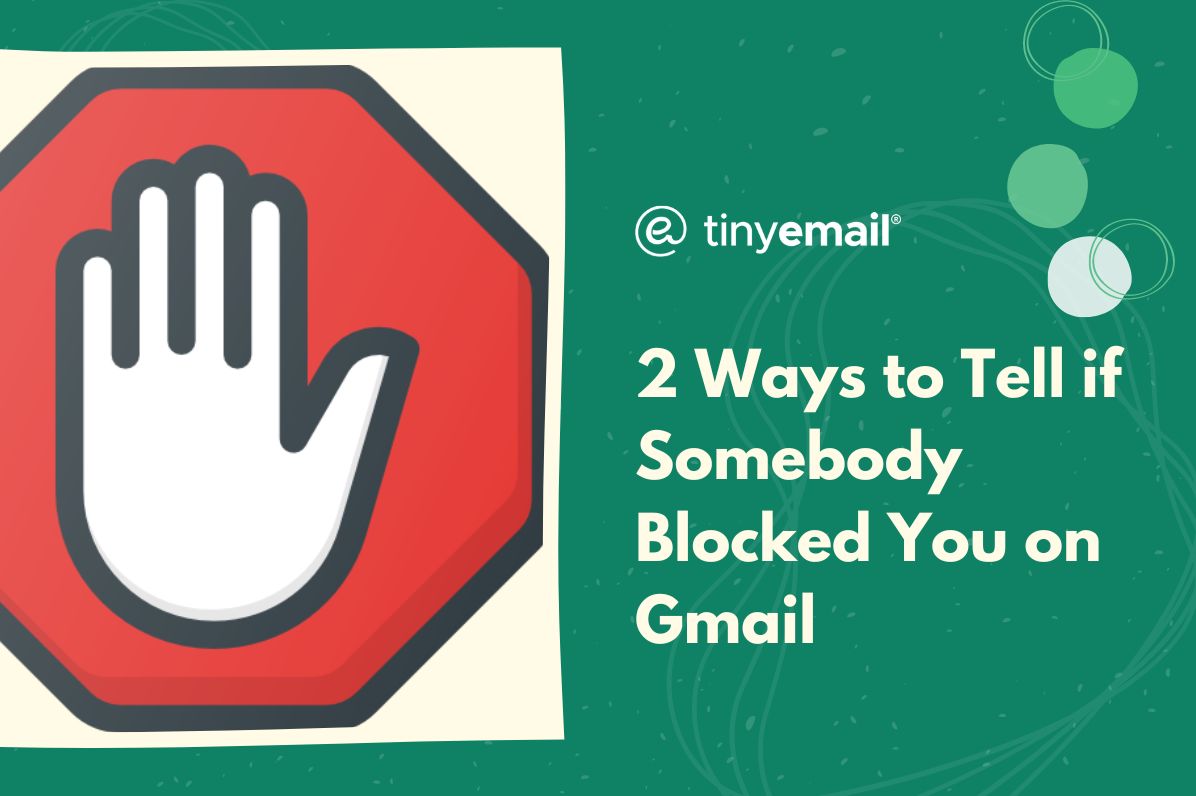Glossary | Marketing terms definitions Term: Spam
Definition of the term "Spam"
Spam is a form of unsolicited email marketing. The term “spam” covers any unwanted email, whether it’s commercial in nature or not. Spam is a major problem for both businesses and individuals, as it can clog up inboxes and make it difficult to find legitimate emails. Spam is also illegal in many jurisdictions, as it violates anti-spam laws like the CAN-SPAM Act in the United States. The European Union’s General Data Protection Regulation (GDPR) also prohibits spamming activities. Email marketers who engage in spamming can face heavy fines under these laws. Consequently, businesses and individuals must be very careful to avoid sending spam emails. In general, any email that is sent without the recipient’s consent is considered to be spam. Email marketers must obtain express permission from recipients before sending them marketing messages, or they risk violating spam laws. When in doubt, it’s always best to err on the side of caution and avoid sending unsolicited emails altogether.
Quick Tip About Spam
- Keep your mailing list clean and permission-based.
- Make it easy for people to unsubscribe from your mailing list.
- Do not buy email lists - you will only get spam complaints, and you could get blacklisted by ISPs.
More marketing terms and their definitions:
More from the tinyEmail blog

2 Ways to Tell if Somebody Blocked You on Gmail

When to Set Up Trigger Emails for Effective Customer Engagement

